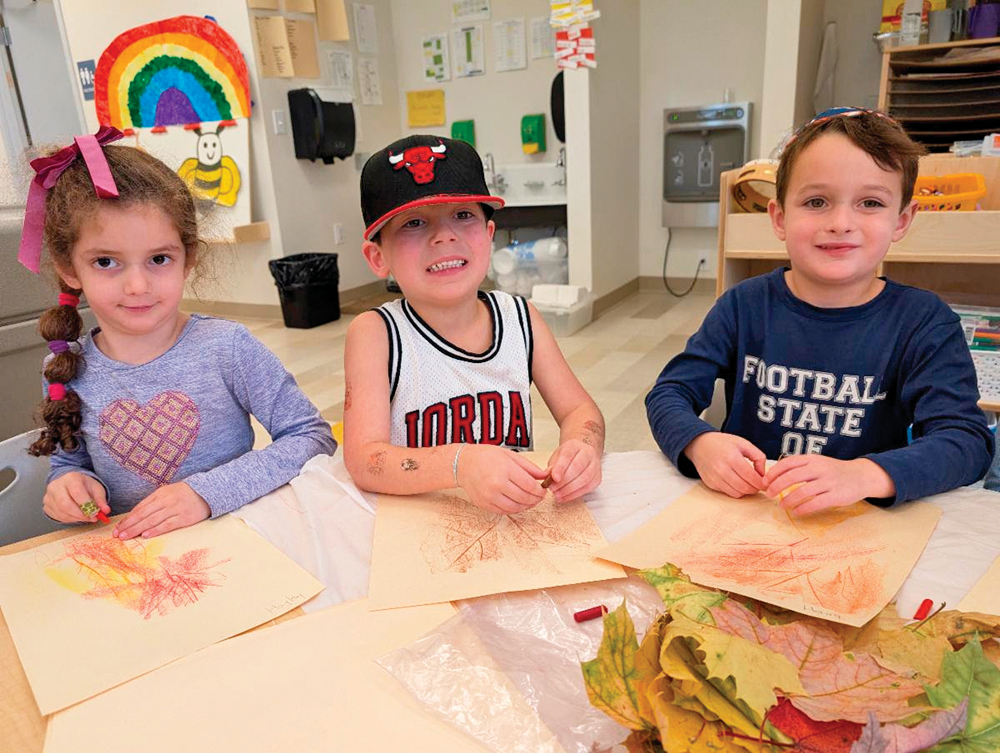If you have ever lost a loved one you are familiar with the feeling of grief. It is a deep sorrow felt emotionally, but also physically like a weight on your chest. Grief does not discriminate against who may feel it and, when it is all encompassing, you may be wondering if the feeling will ever pass. Yet at the same time, you want to hold onto the feeling as it reminds you of your connection with your loved one. I believe that the more insight we can develop to understand our personal grief, the more we can manage our well-being and honor the memory of those no longer with us.
To help understand grief, we must recognize that it is a complex feeling that results in contradictory emotions: wanting to be rid of the feeling but knowing that feelings are all we have left; wanting to be free of the pain but feeling guilty being pain free; wanting to move on with life but also wanting to stay close to our loved ones’ last moments; needing support from others but finding it hard to connect. We urge to be close to the one who has passed but try to avoid reminders of the loss. Experiencing the back and forth of emotions can leave you feeling exhausted and wondering how you can live a meaningful life with grief instead of just going through the motions.
Grief is a universal feeling, but also very personal. It may sneak up when we least expect it during routine activities, and others may not understand. For instance, you are driving to work and a song comes on that reminds you of a special moment with your loved one. Or you are out to dinner and smell something that reminds you of their “famous” dish. These are heavy moments, however, by pausing to be present in those moments you can find a way to balance the weight and appreciate the beauty of the relationship.
In my professional practice with oncology patients, I encountered grief in many different forms. One meaningful experience that I reflect on often was a patient with a beautiful spirit who passed unexpectedly at home. When I spoke with his daughter to extend my condolences, she shared details of his last moments. He was preparing for a party in his home and upon taking a nap on the couch, he didn’t wake up. His friends still came over for the party and turned it into a celebration of his life, exactly what he would have wanted. His daughter shared her feelings of grief but was able to find the meaning in her father’s last moments as a way to continue his memory and exemplify the same spirit he portrayed in his life.
To manage our well-being in a healthy manner, it is important that we learn how to live with grief. The following tips can help:
- Allow Yourself to Feel
Take a moment to recognize the surface emotions. Are you feeling sadness due to missing a loved one? Anger due to them not being here? Joy due to remembering a special moment? These surface emotions are the grief manifested into a comprehensible feeling. Validate these emotions and allow yourself to experience them fully.
- Talk About It
Grief is personal and can leave you feeling vulnerable, but it is also universal. By talking to others, you may be surprised how many people can relate to your experience. Voicing your feelings out loud and hearing from others can be helpful in processing your thoughts and normalizing the uncomfortable feelings. While the heavy feeling may still sit with you, allowing someone in can help to hold the heavy feeling, if even only for a moment. This can be done with close friends or family but also in a structured setting in the form of a support group or individual counseling.
- Acceptance of a New Reality
When we lose a loved one, they are physically gone from our lives. However, if we can find acceptance of a changed relationship, they can remain in our memory. This will allow the connection to be maintained as we evolve to create meaning around the grief. Losing someone is not something we can just “get over” but we can learn how to grow with it.
- Patience
The stages of grief and comprehension of associated emotions have no timeline. The kindest thing we can do for ourselves is to have patience and recognize that it is not a linear process. Unlike stages of development where there are specific goals to meet, with grief we must just learn how to continue our lives and be respectful of our own efforts.
- Reframe Grief
Grief doesn’t have to fall within the stigma of a burden. Embrace the grief, recognize how it can keep you connected with the one you lost. By learning how to live with it, we can develop an appreciation as a way to connect and maintain the memory. Giving grief a place in our heart is how we can honor our lost love.
By following through with these steps, you can learn how to live with grief rather than it taking over your life. You can give yourself a chance to evolve with it and have a meaningful life that honors your lost loved ones.
Judith Sason is a licensed clinical social worker with a private practice specializing in grief, anxiety, depression, and PTSD. She is a certified clinical trauma professional and has a certification in Palliative and End of Life Care from NYU. Judith focuses on empowering her clients to gain insight into challenges with their daily functioning to live a healthy meaningful life. To contact Judith for more support and to schedule an appointment, please email her at [email protected].













